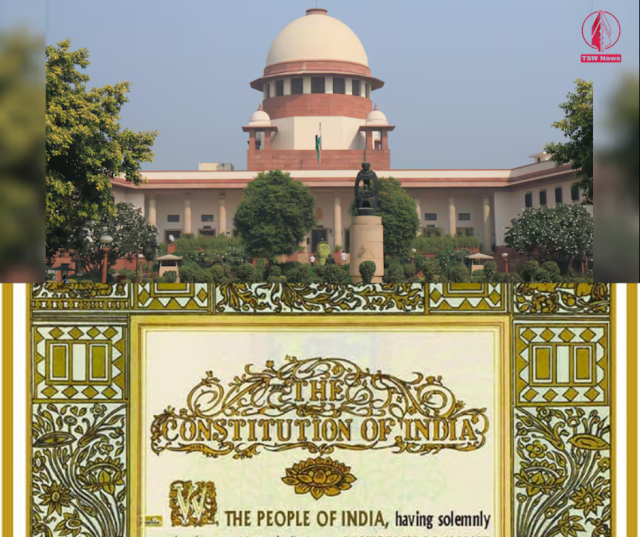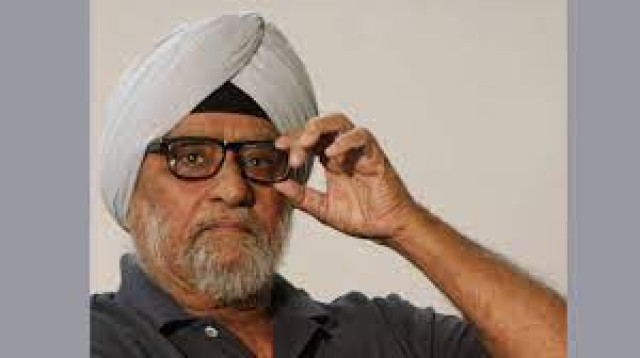Supreme Court to Rule on Validity of ‘Socialist’ and ‘Secular’ in Preamble Today
- Posted on November 25, 2024
- News
- By Arijit Dutta
- 65 Views
The Supreme Court will rule on the validity of socialist and secular in the Preamble, added via the 42nd Amendment during the Emergency. The terms remain pivotal to India's constitutional identity amidst debates on their relevance.

The Supreme Court is set to deliver a crucial verdict today on the validity of the terms socialist and secular added to the Preamble of the Constitution through the 42nd Amendment during the Emergency (1975-77). The amendment, which also introduced integrity to the Preamble, has undergone extensive judicial scrutiny over the years.
A bench led by Chief Justice Sanjiv Khanna and Justice Sanjay Kumar emphasized that legislative actions taken during the Emergency cannot be dismissed wholesale. “The 42nd Amendment has been judicially reviewed, and we cannot deem everything Parliament did at the time as null and void,” stated the Chief Justice during earlier proceedings.
The inclusion of socialist and secular redefined India as a sovereign, socialist, secular, democratic republic, expanding upon its original description as a sovereign, democratic republic. This move, spearheaded by the Indira Gandhi government, remains a subject of legal and political debate.
Petitioners, including Subramanian Swamy and advocate Vishnu Shankar Jain, argued that the terms should not have been integrated into the Preamble. Swamy suggested presenting them in a separate paragraph instead of altering the original 1949 text. Despite the arguments, the Court declined to refer the matter to a larger bench.
Chief Justice Khanna clarified that in India, socialism signifies a welfare state, distinct from global interpretations, where private enterprise coexists with state-driven welfare. Similarly, secularism remains a cornerstone of the Constitution, as upheld in the landmark 1994 S.R. Bommai case.
Also Read: Import Delays Disrupt India's Medical Device Industry
The verdict will address the continued relevance of these terms within the Preamble, amidst broader debates on their implications for India's constitutional framework.




